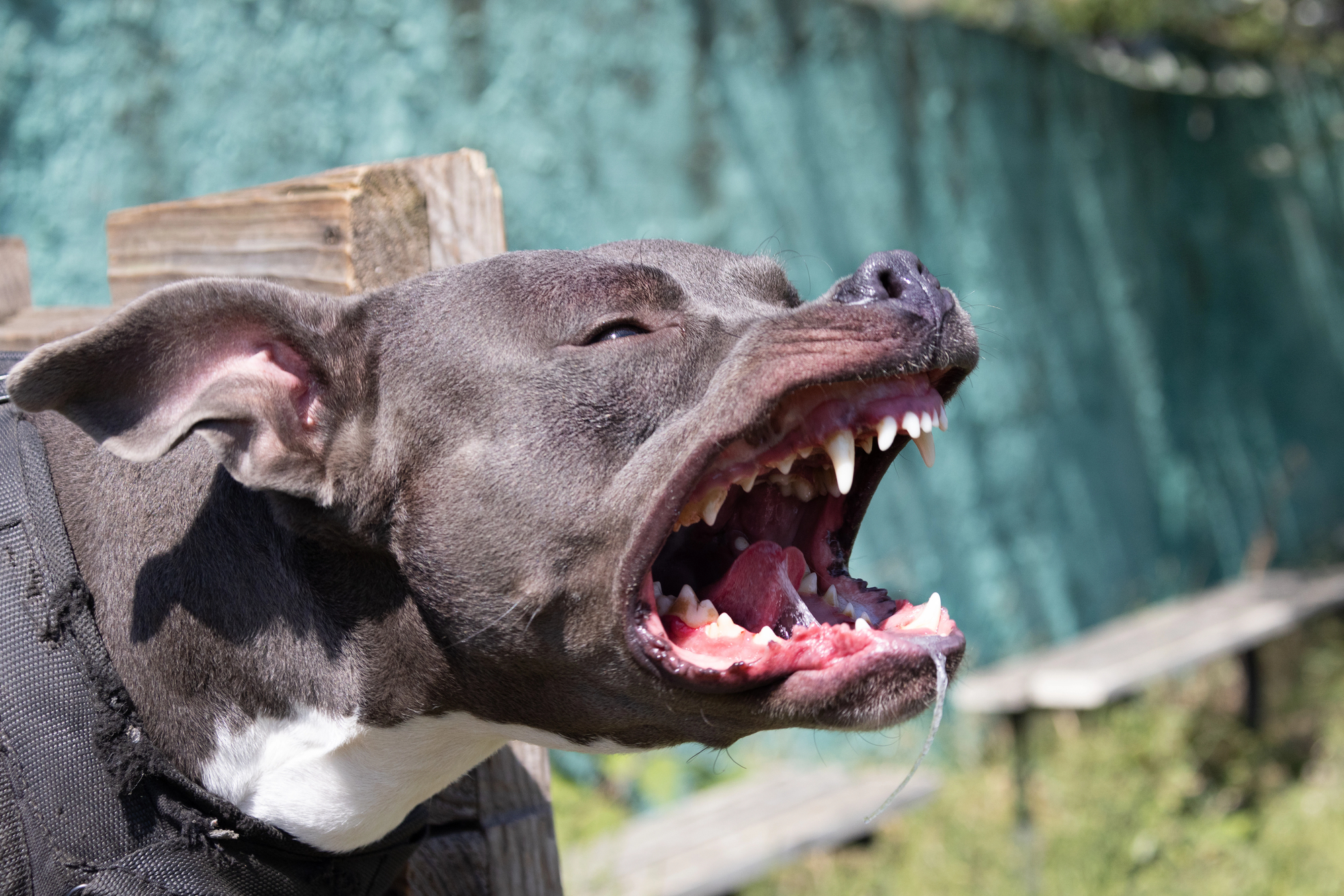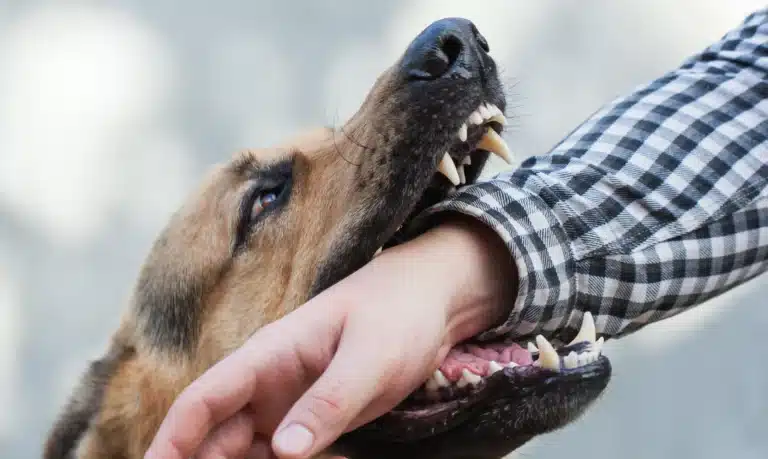Are Certain Dog Breeds Excluded From Dog Bite Coverage in Florida?
Why Breed Matters in Florida Dog Bite Defense
Many Florida homeowners and renters are surprised to learn that their insurance policy may exclude coverage for dog bites involving certain breeds—even if the policy otherwise provides dog bite liability coverage.
This issue comes up frequently when clients are sued for dog bite injuries and expect their insurance to step in, only to find that their dog’s breed is listed as “prohibited.” These exclusions can dramatically change the strategy for defending a case, because instead of insurance-appointed counsel and coverage, the dog owner may be personally on the hook.
Commonly Excluded “Dangerous Breeds”
While every insurance company’s list is different, many policies use nearly identical language to define “prohibited breeds.” A recent Florida homeowner’s policy included the following clause:
“Prohibited breeds of dogs are Akitas, American bulldogs, chow chows, Doberman pinschers, mastiffs, pit bulls, Rottweilers, Staffordshire terriers, and wolf hybrids. Any mixed breed made up of one or more of the breeds listed above is also considered a prohibited breed of dog.”
This list reflects what many insurers across Florida use as a baseline. The most commonly excluded breeds include:
Akitas: Originally bred in Japan as hunting and guard dogs, Akitas are known for their loyalty but can be territorial and protective. Their strong build and guarding instincts make them a common entry on exclusion lists.
American Bulldogs: Often confused with pit bulls, American bulldogs are muscular, powerful dogs historically used for farm work and protection. While many are gentle family pets, insurers often view their size and strength as higher liability risks.
Chow Chows: Chows have a distinctive lion-like mane and a reputation for independence. They can be protective and aloof with strangers, and some insurers associate them with biting incidents due to their guarding tendencies.
Doberman Pinschers: Dobermans were bred as guard and police dogs. They are intelligent, athletic, and protective. Because of their history as security animals and their physical power, many insurers categorize them as higher-risk breeds.
Mastiffs: Mastiffs are one of the largest dog breeds in the world, bred historically to guard estates. Their sheer size and strength, combined with their protective instincts, make them a focus of insurance exclusions—even when their temperament is calm.
Pit Bulls: “Pit bull” is a broad term that often includes American Pit Bull Terriers, Staffordshire Bull Terriers, and mixes. Pit bulls have been involved in a disproportionate number of severe bite claims nationally, leading most standard insurers to list them as prohibited regardless of the individual dog’s temperament.
Rottweilers: Rottweilers are strong, intelligent working dogs originally bred to herd cattle and guard property. Their guarding instincts and strength lead many insurers to consider them higher risk, especially in bite cases involving strangers or delivery workers.
Staffordshire Terriers: Similar in build to pit bulls, Staffordshire terriers are muscular and confident. Although many are affectionate family dogs, insurers often lump them together with pit bulls for exclusion purposes.
Wolf Hybrids: These are dogs with recent wolf ancestry. Due to their unpredictable behavior and legal restrictions in some states, insurers routinely exclude coverage for incidents involving wolf hybrids.
Mixed Breeds Containing Any of the Above: Many policies extend exclusions to any mixed breed that includes one or more prohibited breeds. Even if a dog is part Labrador and part Rottweiler, the presence of Rottweiler lineage can trigger the exclusion. Some insurers even apply exclusions if the dog merely “appears to be” a prohibited breed.
How These Exclusions Affect Coverage
No Duty to Defend or Indemnify
If your dog’s breed is excluded, your insurance company may refuse to provide you with an attorney (duty to defend) and may refuse to pay any settlement or judgment (duty to indemnify).
Personal Financial Exposure
Without insurance coverage, any damages awarded to the plaintiff become your personal responsibility. This can include medical bills, lost wages, and pain and suffering damages.
Complicating Settlement Negotiations
When insurance won’t cover the claim, plaintiffs’ attorneys often become more aggressive in pursuing payment directly from the dog owner.
Real-World Example
Imagine a Florida homeowner with a mixed pit bull–boxer dog. A delivery driver is bitten on the arm while placing a package at the front door. The homeowner expects their insurance to cover the claim—but the insurer denies coverage because the dog contains a “prohibited breed.” The plaintiff’s attorney proceeds against the homeowner personally, forcing them to either hire private defense counsel or face a default judgment.
Why These Clauses Matter for Dog Bite Defense Strategy
For dog owners facing a lawsuit, these breed exclusions can change the entire legal strategy.
- If coverage exists, the insurance company typically provides a defense attorney and pays covered damages.
- If coverage is excluded, defense must be handled privately, often requiring negotiation, litigation strategy, or—in some cases—exploring alternative protections like umbrella policies or personal settlement arrangements.
Early review of your insurance policy is critical. Many clients don’t discover these exclusions until after a claim is made.
For more background on how lawsuits unfold, see our guide on responding to dog bite insurance requests in Florida.
What You Should Do If Your Dog Is a “Prohibited Breed”
- Review your insurance policy now — Don’t wait until a claim is filed.
- Consider supplemental coverage — Some specialty insurers offer liability coverage for excluded breeds.
- Notify your defense attorney early — If you’re sued, your lawyer needs to know about possible coverage issues immediately.
- Avoid misrepresenting your dog’s breed — Insurance misrepresentation can create bigger problems down the road.
How Florida Civil Counsel, P.A. Can Help
Our firm, based in Orlando and serving clients across Florida—including Tampa, Miami, and Jacksonville—regularly defends dog owners in cases where coverage is denied due to breed exclusions.
We know the defenses available under Florida’s dog bite statute and how to navigate lawsuits strategically when insurance won’t step in. Whether the claim involves a delivery worker, neighbor, or guest, we develop defense plans that minimize financial risk while protecting your rights.
If you are being sued over a dog bite and suspect your dog’s breed may affect coverage, contact our Florida dog bite defense attorneys today for a consultation.





